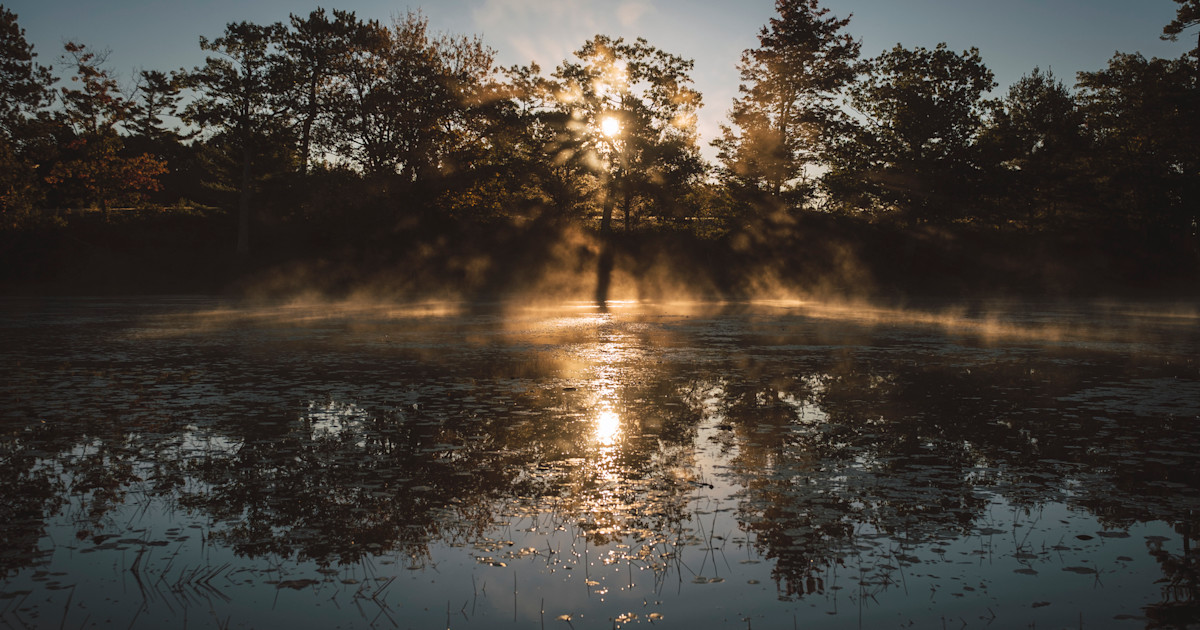The only difference between the majority and the concurrence is this: the majority said that “adjacent” requires a continuous surface connection, and the concurrence said that “adjacent” could mean nearby but without a continuous surface connection. The term “adjacent” is used in the Act; Kavanaugh said the majority rewrote the act by ignoring that word.Thanks for any clarity, but if it wasn't a 2 part decision than why the two different votes? Or separate vote/opinion 5-4 about the "adjacent water".... I said they agreed 9-0 that the Sacketts should prevail, but they clearly made a distinction about the adjoining surface, so that's a change that isn't delineated in the original law, correct? Why then did Kavanagh assert the majority opinion has "rewritten the clean water act?".... I interpreted that statement that a justice felt they were changing the law, which to me implies judicial activism. Appreciate any correction you have, but I said it was 9-0 that the Sacketts prevail, and obviously they should, but the way the majority wrote their "opinion" they gave a new definition, which will now be the standard. Other legal analysis implies past courts were unable to come to that interpretation, that somehow now these 5 majority justices could....with no new evidence, data, information....if nothing new, technology, science has come to light, and previous courts upheld, then why the new definition? It seems they decided to take it one step further..... Appreciate your insight.
The majority defined the term “waters of the united states” based on its read of the statute, which is narrow. This interpretation now governed nationwide unless Congress amends the statute. But all 9 justices’ interpretations were far narrower than the EPA/Corps rule.
Previous supreme courts weren’t able to get a majority to agree on a definition. The most recent case, rapanos, split 4-1-4. The majority in the sacketf case mostly went with the most conservative opinion in rapanos. But *all 9* justices in sackett actually read the statute more narrowly than the 5 justices in rapanos.
This isn’t “judicial activism” for a number of reasons (congress can still change the law; the law wasn’t struck down, the reasoning was based on the statute, etc); it’s a pretty routine disagreement between justifies but the scope of the disagreement is remarkably narrow. And not one justice voted for the epa/corps/Obama/Biden interpretation of the statute.

